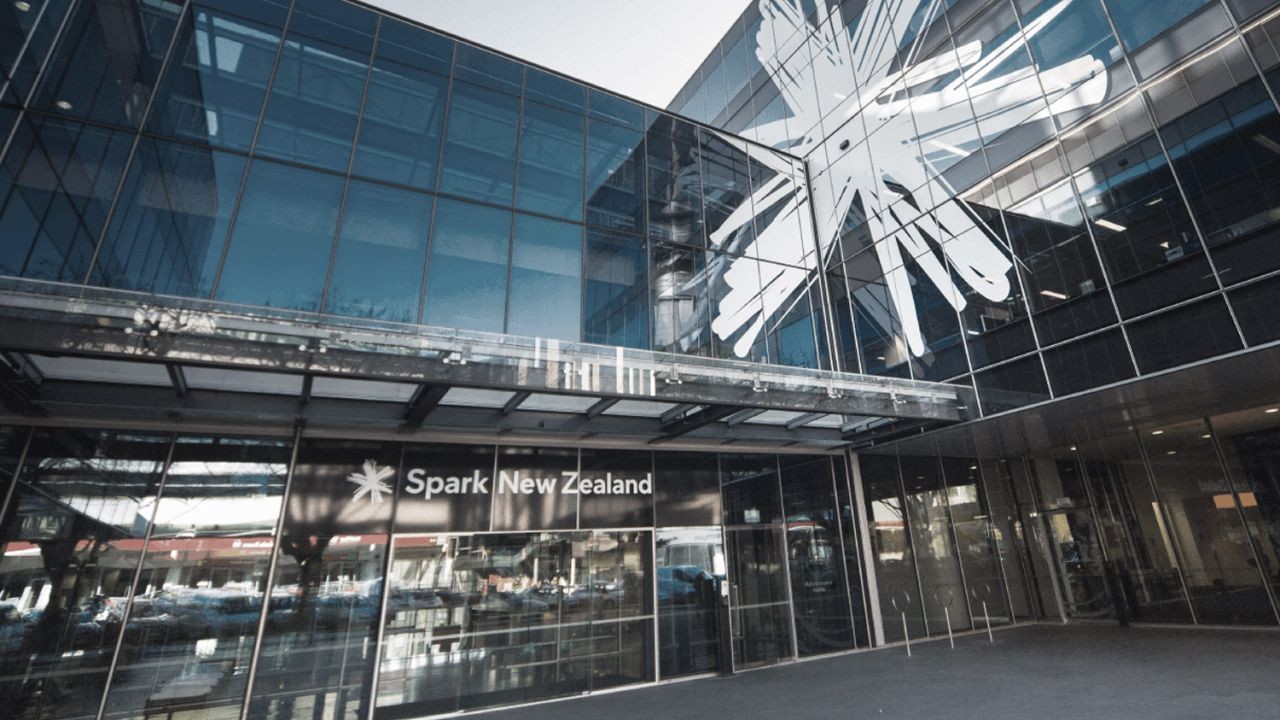Amidst growing concerns over mental health and well-being in workplaces worldwide, New Zealand has taken an innovative approach to address these critical issues. As mental health challenges increasingly impact employee productivity and business outcomes, New Zealand businesses are recognizing the importance of incorporating mental health strategies into their operational frameworks. This focus not only enhances workplace culture but also aligns with national economic goals. But how exactly is New Zealand shaping its workplace policies for mental health? Let's explore through expert insights, data-driven analysis, and real-world examples.
The State of Mental Health in New Zealand Workplaces
New Zealand has experienced a significant rise in awareness around mental health, driven by both governmental initiatives and public advocacy. According to a study by Stats NZ, mental health issues have seen a 20% increase since 2020, affecting approximately one in five adults. This prevalence has prompted businesses to rethink traditional workplace norms and prioritize employee well-being as a core element of their operational strategy.
Why Mental Health Matters for New Zealand's Economy
The economic implications of poor mental health are profound. A report by the Ministry of Business, Innovation and Employment (MBIE) highlights that mental health issues cost the New Zealand economy over NZD 12 billion annually in lost productivity and healthcare expenses. Businesses are now realizing that supporting mental health can lead to improved employee engagement, reduced turnover, and increased innovation.
Case Study: Fisher & Paykel Healthcare – A Commitment to Employee Well-Being
Problem: Fisher & Paykel Healthcare, a leading medical device company in New Zealand, faced challenges with employee stress and burnout, which affected productivity.
Action: The company implemented a comprehensive mental health program that included employee assistance services, mental health days, and resilience training.
Result: Within a year, employee satisfaction increased by 30%, and there was a 25% reduction in absenteeism.
Takeaway: By investing in mental health, Fisher & Paykel not only enhanced employee well-being but also strengthened its competitive edge in the global market. This approach serves as a model for other New Zealand businesses.
Strategic Approaches to Mental Health in the Workplace
Businesses in New Zealand are adopting a variety of strategies to foster healthier work environments. These include flexible work arrangements, mental health training for managers, and workplace wellness programs. A key trend is the integration of mental health policies into corporate governance, ensuring that mental health is considered in decision-making processes at all levels.
Balanced Contrasting Viewpoints: Flexibility vs. Structure
The debate on flexible work environments versus structured office settings is ongoing. Advocates of flexible work argue that it reduces stress and improves mental health, supported by a Deloitte report indicating that flexible work arrangements can boost productivity by up to 25%. However, critics suggest that too much flexibility can lead to isolation and decreased team cohesion. A middle ground approach, where employees have the autonomy to choose their work style, is gaining traction as it combines the benefits of both structures.
Common Myths & Mistakes about Workplace Mental Health
- Myth: "Mental health programs are only for large corporations." Reality: Small and medium-sized enterprises (SMEs) can also implement effective mental health strategies with tailored approaches.
- Myth: "Mental health initiatives are too costly." Reality: Initial investments in mental health programs often result in long-term savings through reduced absenteeism and turnover.
- Myth: "Remote work automatically improves mental health." Reality: While remote work offers flexibility, it requires structured support systems to effectively address mental health.
Pros vs. Cons Analysis
Pros:
- Improved Productivity: Employees with good mental health are more productive and engaged.
- Reduced Turnover: Companies that support mental health see lower employee turnover rates.
- Enhanced Reputation: Businesses with strong mental health policies attract top talent.
Cons:
- Initial Costs: Implementing mental health programs can require upfront financial investment.
- Privacy Concerns: Employees may be hesitant to participate in mental health programs due to privacy issues.
- Measurement Challenges: Quantifying the impact of mental health initiatives can be difficult.
Future Trends & Predictions in Workplace Mental Health
As New Zealand continues to lead in workplace mental health, several trends are expected to emerge. The integration of digital mental health tools, such as AI-driven platforms that provide personalized support, is anticipated to revolutionize employee assistance programs. By 2026, it's predicted that digital platforms will account for 50% of workplace mental health support services in New Zealand, according to a report by NZTech.
Conclusion
New Zealand's proactive approach to mental health in the workplace is setting a benchmark for other nations. By investing in mental health initiatives, businesses not only enhance employee well-being but also drive productivity and economic growth. Companies are encouraged to take actionable steps towards integrating mental health into their core strategies. What strategies will your business implement to foster a mentally healthy workplace? Share your thoughts below!
People Also Ask
- How does mental health impact businesses in New Zealand? NZ businesses prioritizing mental health report a 25% increase in productivity, enhancing overall engagement and revenue according to MBIE.
- What are the biggest misconceptions about mental health in the workplace? A common myth is that mental health programs are costly, but research shows they result in long-term savings.
- Who benefits the most from mental health initiatives? Employees, companies, and society benefit, with improved productivity, reduced healthcare costs, and enhanced well-being.
Related Search Queries
- "New Zealand workplace mental health policies"
- "Benefits of mental health programs in NZ businesses"
- "Flexible work arrangements and mental health"
- "Impact of workplace wellness on productivity"
- "Digital mental health tools for employees"
































joesphgrinder8
10 months ago